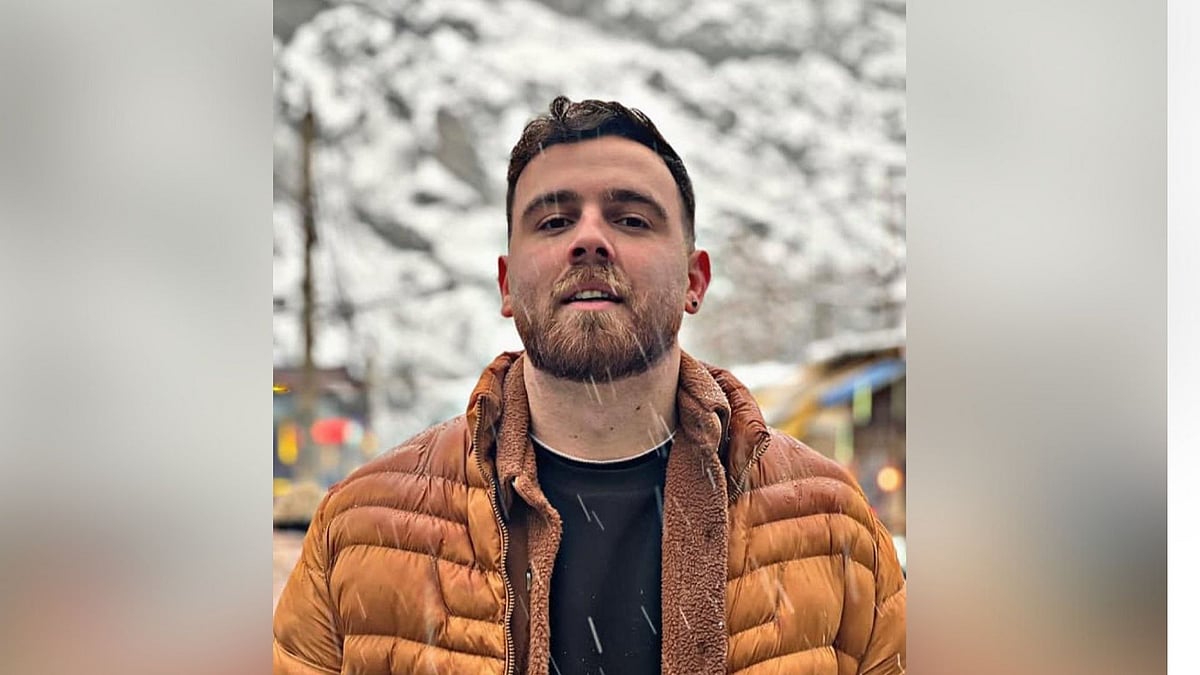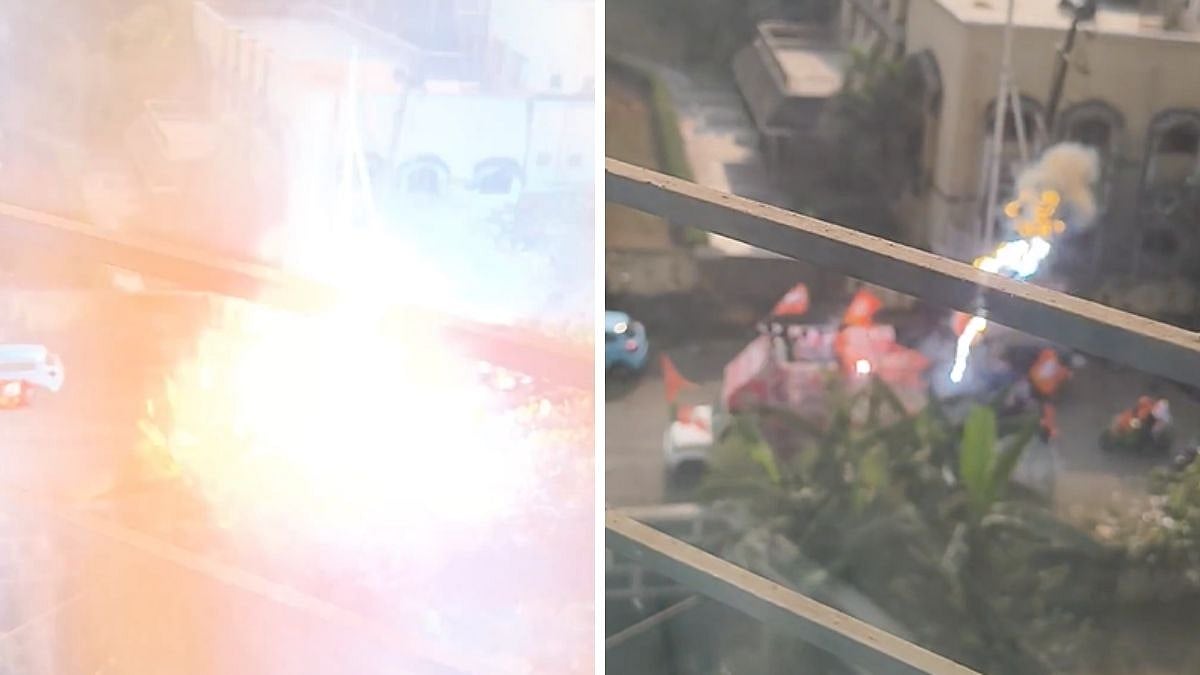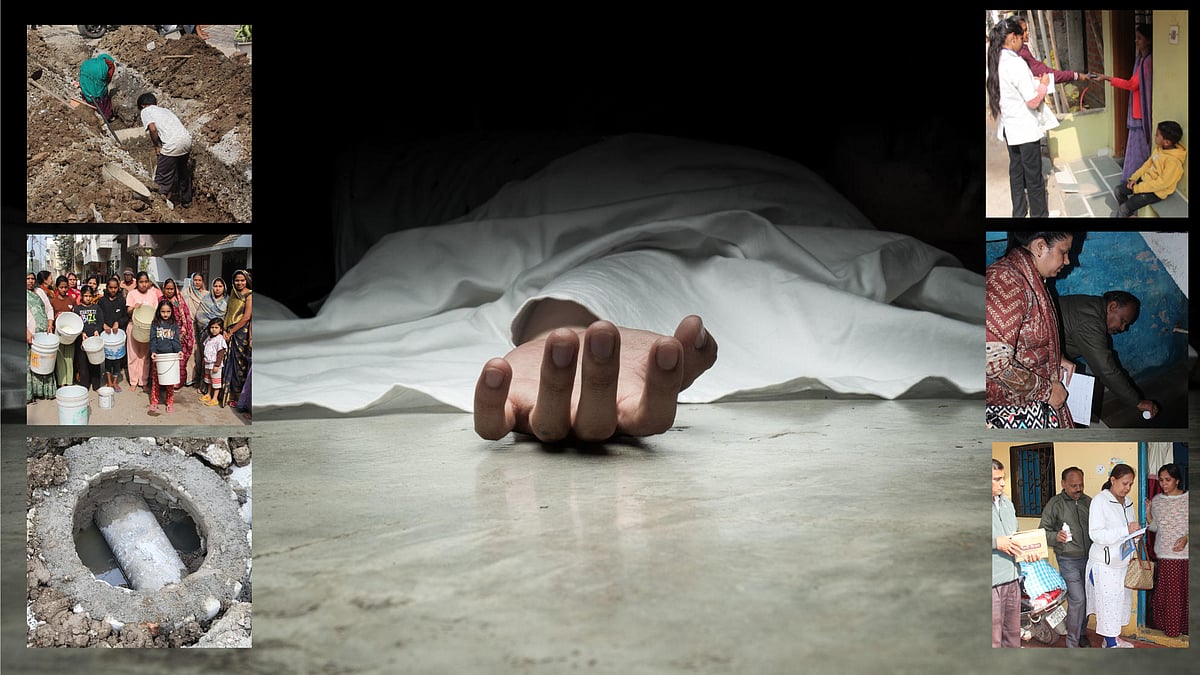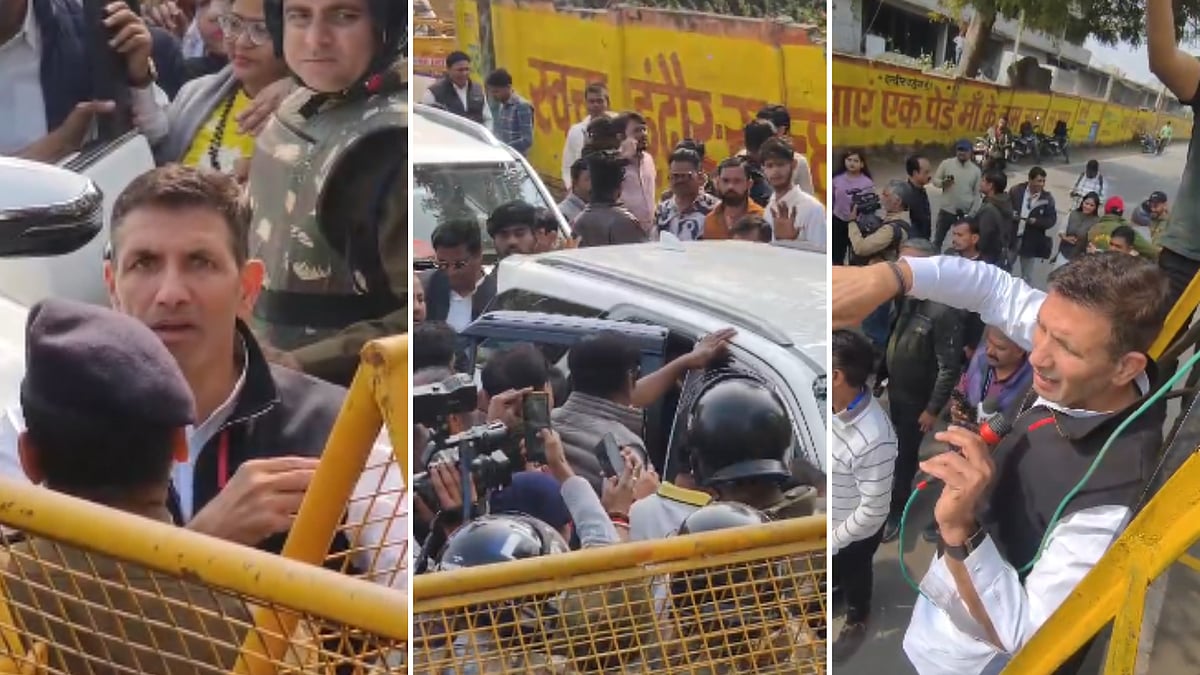New Delhi: Touted as a Western phenomenon to date, art-based healing is seeing more and more health practitioners in India now turning towards it -- instead of only depending on diagnostic tools, allopathic and other medicines - to treat certain conditions with terminally-ill patients and those suffering from various stress and neurocognitive disorders, especially in the pandemic times.
Art therapy is an expression of creative faculties of a person to facilitate communication and provide healing for different conditions, particularly psycho-social. It broadly involves drawing, painting, music, dance, drama, creative writing and clay modelling.
Although art has been available for centuries as a means for communication of creative thoughts, it has been accepted as a process for healing only in the recent decades.
"Based on the neuroscientific evidence, art therapy has shown to be effective in the treatment for post-traumatic stress disorders (PTSD), alleviating signs and symptoms in clinical depression by regulating emotions of sadness, hopelessness and anxiety disorders," Tanushree Sangma, an art-based therapist at Fortis Healthcare, told IANS.
"The art forms have also shown to be therapeutic in reducing stress, and alleviating depression associated with cancer treatment. It has found a niche in cancer healing over the last two decades," added Dr Tejinder Kataria, Chairperson Radiation Oncology, Cancer Institute, Medanta - The Medicity.
Therapy, using movement and music, has also shown evidence in their effectiveness in treating childhood and developmental disorders like the autism spectrum, attention deficit hyperactivity disorder, as well as in enhancing well-being for older populations with neurocognitive disorders such as dementia.
In addition to this, art therapy is also known for its effectiveness in self work to develop awareness, build positive sense of self and esteem, and overall well being.
But how far is art therapy different from conventional medications and ayurveda treatment?
"The major difference lies in the principles of creative process, individual expression, evidence and building of coping skills that inform the practice of art therapy," Sangma said.
According to Sangma, therapeutic art is based on a "biopsychosocial model", which informs the understanding of a patient, his/her problem and uses creative medium to address their needs "to help them move towards functionality, well being and growth".
The process of art therapy is similar to psychotherapies and counselling sessions, where the initial focus is on building a rapport and developing a working relationship with the patient using creative arts mediums. Later, sessions are based on the patient's current challenges, symptoms, needs, building coping mechanisms that develop a positive sense of self and mastery, and gradually working towards building awareness and insight.
At Fortis, expressive arts-based therapy is practiced in both in-patient departments (IPD) and out-patient departments (OPD).
In IPD, the use of creative arts such as painting, drawing, clay work and play are done with the goal of enhancing well-being, regulating emotions and coping with hospitalisation and treatment.
In OPD, the therapy is intervened in a collaborative way with patients diagnosed with mental disorders and with individuals (not clinically diagnosable) reaching out to address mental health concerns due to personal challenges at self, occupational and interpersonal level, Sangma said.
At Medanta, a psychosocial professional works with the patients and their families to explore the patient's interests and guide them accordingly.
Group therapy sessions are conducted periodically by NGOs working with cancer patients including cancer survivors where art workshops are held including drawing, painting, music and dance. Children are encouraged to paint and draw during their protracted treatment schedules besides having a playful environment in various areas by provision of toys and clay for modelling, Kataria said.
Using a similar therapy, doctors at the Rajiv Gandhi Cancer Institute and Research Centre (RGCIRC) keep patients awake during brain tumour surgery.
"Imagine being able to talk to your doctor during brain tumour surgery without experiencing any pain and being able to give real time feedback to the doctor. During Awake Surgery, the patient is speaking or singing and moving limbs while the brain tumour is being operated upon so that vital areas in the brain are not tampered with and the body functions remain intact," Dr. I.C. Premsagar, Chief of Neuro and Spine, Oncology Services, at RGCIRC, told IANS.
There are important centers in the brain such as speech area, language area, and limb movement area. Earlier there was a possibility of some harm occurring to any of these centres while removing the brain tumour as the patient would be unconscious.
But "since awake surgery is real time, it ensures that no deficit is created for the patient after surgery is done. And at the same time, maximum tumour can be taken out. For instance, if the speech centre is inside the tumour or very close to the tumour, care needs to be taken that the tumour is taken out carefully and the patient is not functionally disabled," Premsagar said.










